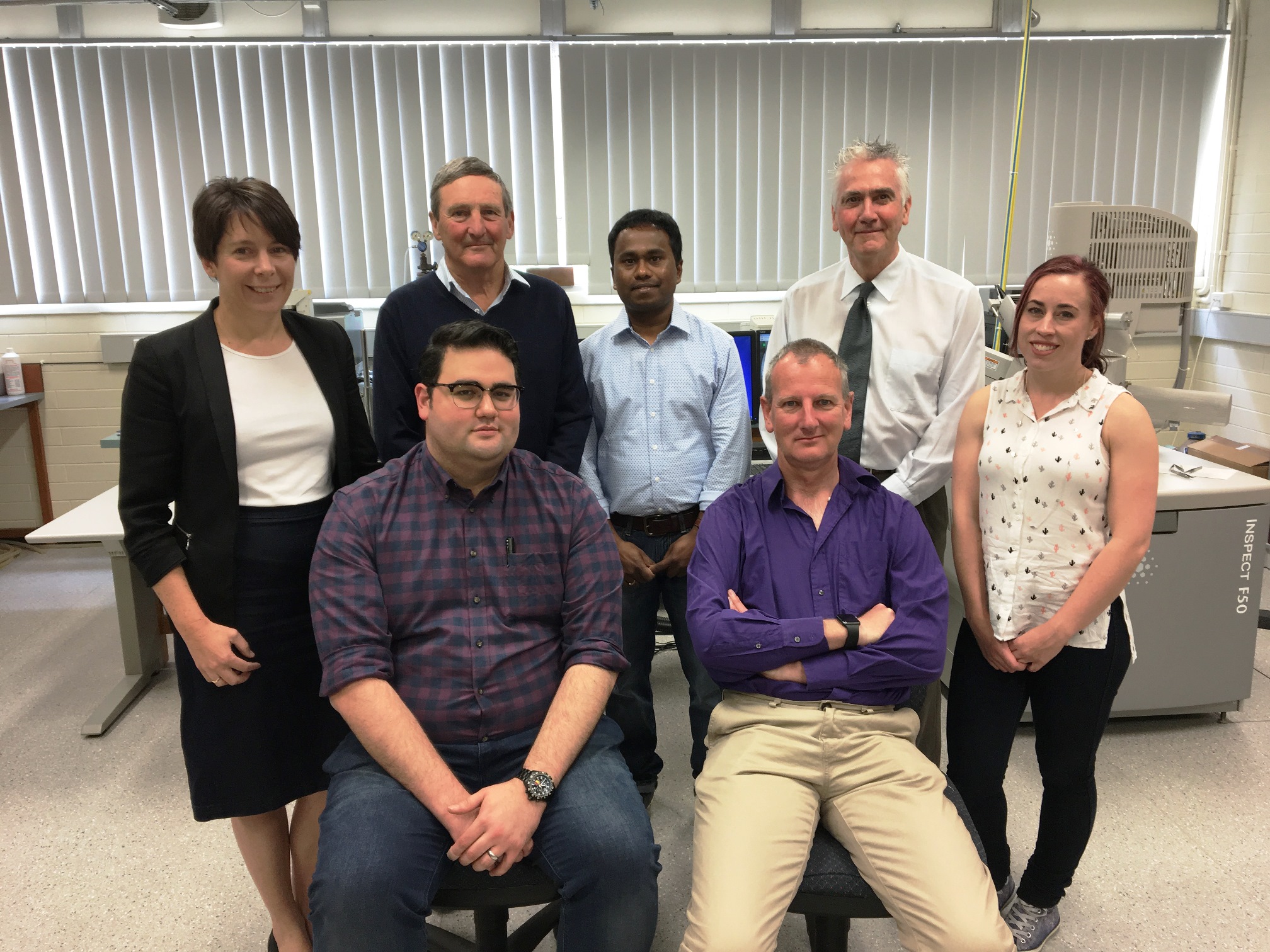
Three Flinders research papers have been recognised by awards from the National Institute of Forensic Science.
The Institute, which is the peak body for forensic science in Australia, provides a number of awards for outstanding publications each year.
PhD candidate Caitlyn Rogers and Professor Claire Lenehan (pictured) received the “Best Technical Article or Note”; PhD candidate Nicholas Lucas, Emeritus Professor Hilton Kobus and Strategic Professor Paul Kirkbride received a “Highly Commended Technical Article or Note” award; and the coveted “Best Paper in a Refereed Journal” award went to a paper authored by PhD candidate Sathisha Kamanna, Professor Adrian Linacre (Chair in Forensic Science), and Strategic Professor Paul Kirkbride.
Ms Rogers and Professor Lenehan were recognised for their publication An alternative approach for assessment of liquid chromatography-mass spectrometry matrix effects using auto-sampler programmed co-injection. Ms Rogers carried out the research presented in the article as part of her BSc Honours studies.
It has great relevance in the investigation of cases for the State Coroner, such as fatal drug overdoses. Scientists from Forensic Science SA: Peter Stockham, Christine Nash, Sheridan Martin, and Chris Kostakis, were also co-authors.
PhD candidate Nicholas Lucas, Emeritus Professor Hilton Kobus and Strategic Professor Paul Kirkbride were recognised for a publication dealing with gunshot residues. Titled A study into the distribution of gunshot residue particles in the random population, it was based upon a major national survey carried out by scientists at Forensic Science SA: Kahlee Redman, Hayley Brown, and Michael Cook, and the Victoria Police Forensic Services Department: Tanith Condon and Harald Wrobel.
Mr Lucas’s participation in gunshot residue research is funded by the SA Government’s Premiers Research and Industry Fund.
PhD candidate Sathisha Kamanna, Professor Adrian Linacre (Chair in Forensic Science), and Strategic Professor Paul Kirkbride received the Best Paper in a Refereed Journal award for their paper titled Direct identification of forensic body fluids using matrix-assisted laser desorption/ionization time-of-flight mass spectrometry which described the application of very sophisticated equipment available at Flinders Analytical and Flinders Proteomics for the identification of fluids such as blood that feature as evidence in serious crimes such as murder and assaults. Forensic Science SA’s Dr Julianne Henry and the University of South Australia’s Professor Nicholas Voelcker were partners in this research.
These awards are the latest in a string of NIFS publication awards that have been won by Flinders University researchers over the years, pointing to the strength of the University’s Forensic and Analytical program and the breadth of its collaborative research network.

